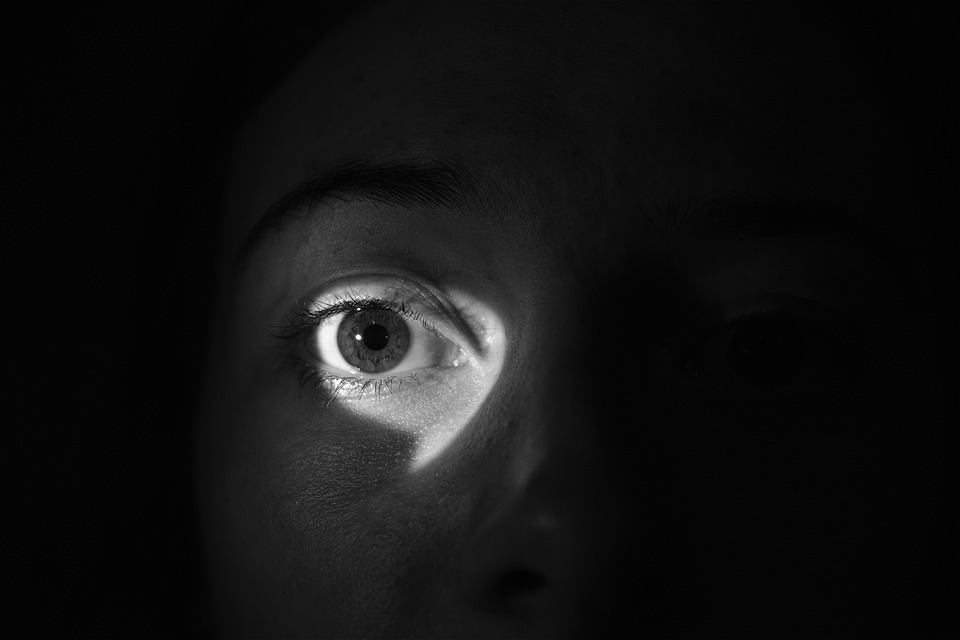By: G. B.
many media reported on the arrest of two Russian spies in Ljubljana. On our web portal, we published a summary from the public service STA, where they also published cases of Russian espionage elsewhere in Europe.
To be honest, the whole thing was quite unusual, as it is clear that such actions are not usually published in the media. Unless – there is a really good reason. As Bojan Požar wrote on his portal Požareport, “unofficial” information reached the mainstream media from government circles. As he also wrote, yesterday’s story about the arrest of Russian spies was “perfidiously and purposefully distributed among the key pro-government media, which is also evidenced by the uniform style of reporting, when they all use the diction in an orchestrated manner: ‘according to unofficial but reliable information’…”
Well, the timeline is already quite unusual, since the spies were actually arrested already on December 5th last year, that is, almost two months ago. Why did this information come to light only now, so to speak, right before the reception of the diplomats by the Slovenian leadership? Could the recent pro-Russian statements of Foreign Minister Tanja Fajon be to blame? Did the government have to save itself from the international public because it is actually sitting on two chairs, declaring public support for Ukraine, but actually doing favours for the aggressor Putin’s regime?
Anyway, even MP Žan Mahnič, who in the past was already a member of the commission for the control of security and intelligence services, warned on Twitter that the disclosure of such information is not in the national interest:
But surely, as Požar wrote, the story came in very handy for Prime Minister Robert Golob to distract the public’s attention a bit. Which is understandable given the fact that Golob still has problems with the corruption scandal in Kosovo. And his state secretary, Andrej Benedejčič, is running for the position of permanent Slovenian representative at NATO headquarters in Brussels, where he was once before, but had to be “rescued” by the then foreign minister, Karl Erjavec, due to his too pro-Russian orientation.
Of course, another explanation is possible, namely that the release of information about captured Russian spies may be to create an alibi for some new affair that would reveal new connections between the current ruling group and Putin’s regime in Moscow. Thus, Bojan Požar also hinted at the panic reigning in the Ministry of Culture:
Of course, it is also worth remembering the recent pro-Russian statements of Croatian President Zoran Milanović, who of course comes from the quota of the Croatian Socialists (SDP), i.e., the sister party of “our” SD. It seems that with his statements that Crimea will never be Ukrainian again, he shocked his voters the most, who previously refused to support his predecessor Kolinda Grabar Kitarović, but now they see that they have made a rather serious mistake.
Otherwise, it is worth remembering that one of the most notorious intelligence scandals took place precisely in the field of relations with Croatia. In 1998, its border authorities arrested two Slovenian informants and seized a spy van near Zavrč. In May 2007, the media revealed a secret location in the centre of Ljubljana, where the German intelligence service (BND) monitored telecommunications from the Balkans with the help of the Slovenian intelligence service. It was a joint project of Sova and the BND, in the framework of which the agents eavesdropped from a building near Telekom’s tower block on Slovenska Street, and the operation was financed from the black fund.
In short, a new revelation about the connections between the Slovenian government and the Kremlin is clearly in the offing…
